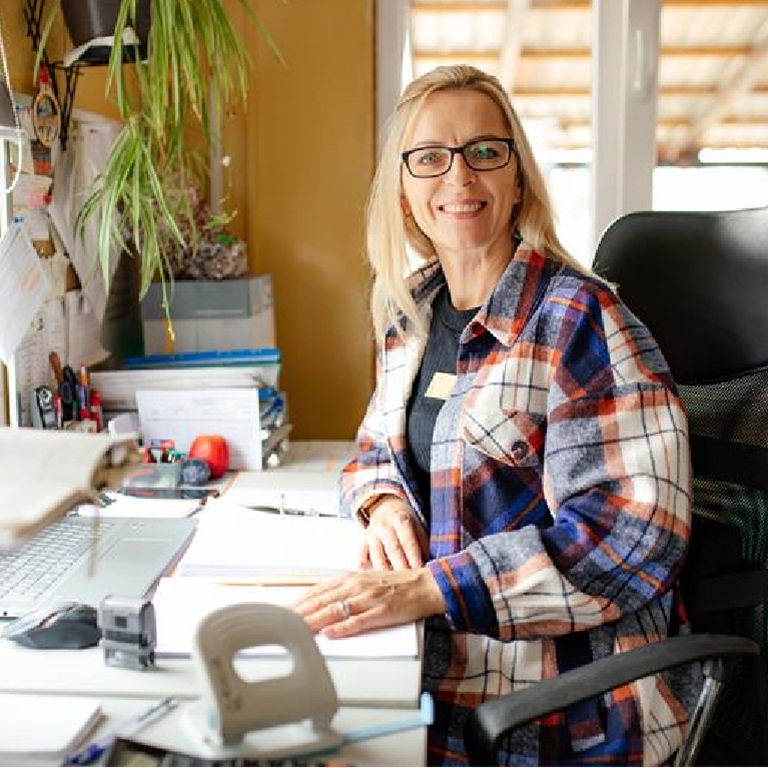Tourism is big business in the UK. According to the Bed and Breakfast Association, hospitality is the UK’s fourth largest industry, contributing £115 billion to the UK economy and providing jobs for 2.68 million people. Within this, the B&B sector consists of some 25,000 small businesses and is worth £2 billion.1
With the unpredictability of the cost of foreign travel due to external factors including Brexit, now could be the ideal time to set up your own bed and breakfast business in the UK. But where do you start? Here’s an overview of things an aspiring bed and breakfast owner needs to consider in their business plan.
Bed and Breakfast Properties
There are several options in setting up a B&B or guest house. You could purchase an established B&B, buy a building and convert it, or convert your existing home.
Buying an established business is the easiest option, as it’ll already have a client base and it should be easier to get finance. It may cost more however, and you should consider why the current owner is leaving. You should also take into account the running costs of different kinds of properties.
If converting a property you live in, ensure you have enough bedrooms for you and your family to live comfortably, and consider whether you’ll need some private living space. Remember, most people tend to prefer a private bathroom, so either purchase a place with multiple ensuites, or ensure there’s space to fit them.
Location
Loving a location doesn’t automatically mean it’s a perfect spot for a B&B. If it’s too remote you may not see enough trade, especially if there are no facilities such as restaurants in walking distance – not everybody wants to drive.
Opting for a traditional tourist destination means you’ll have lots of competition from other hospitality businesses, but there’ll also be plenty of demand.
If possible, speak to other B&B owners in the area before making a decision.
B&B Rules and Regulations
Before opening your B&B, you need to register with your local authority. If you’re converting the property you may have to apply to your local planning office for change of use.
Since 2006, all bed and breakfast owners have to follow new fire regulations for fire safety, which means carrying out a fire risk assessment on their property. Details are set out in a government document2 and VisitBritain has a fire risk assessment tool with step-by-step guidance.3
Although you may not have a professional kitchen, there are still Food Safety Regulations to adhere to and you'll have an inspection from your local Environmental Health Officer.4 You'll need to make sure you have a food safety management system and undergo food hygiene training. You may also have to apply for licences if you wish to serve alcohol, play music, or have televisions in over 15 rooms.5
Promoting your B&B
To ensure you have a successful bed and breakfast business you'll need to promote your business to encourage paying guests. You should think about social media and maybe taking out adverts online and offline as part of your marketing strategy.
Register with HMRC
All new businesses need to register with HMRC for tax purposes. You can be a sole trader, but you need to register within 100 days of starting your venture.6
B&B Insurance
With guests coming and going and you cooking and cleaning, B&B owners face plenty of daily risks. Like any business owner, you'll need the right protection. Among the bed and breakfast insurance covers you should consider are public and product liability, building and contents cover, employers liability (if you have employees), business interruption cover, and possessions cover. Consult a specialist B&B insurance broker for further information.
Real-world insight that we don't share anywhere else
Get access to exclusive help, advice and support, delivered straight to your inbox.
You Could Save Over 35%*
Contact our team to receive a no obligation, instant quote today.
* Please click here to view our pricing disclaimer.
You Could Save Over 35%*


